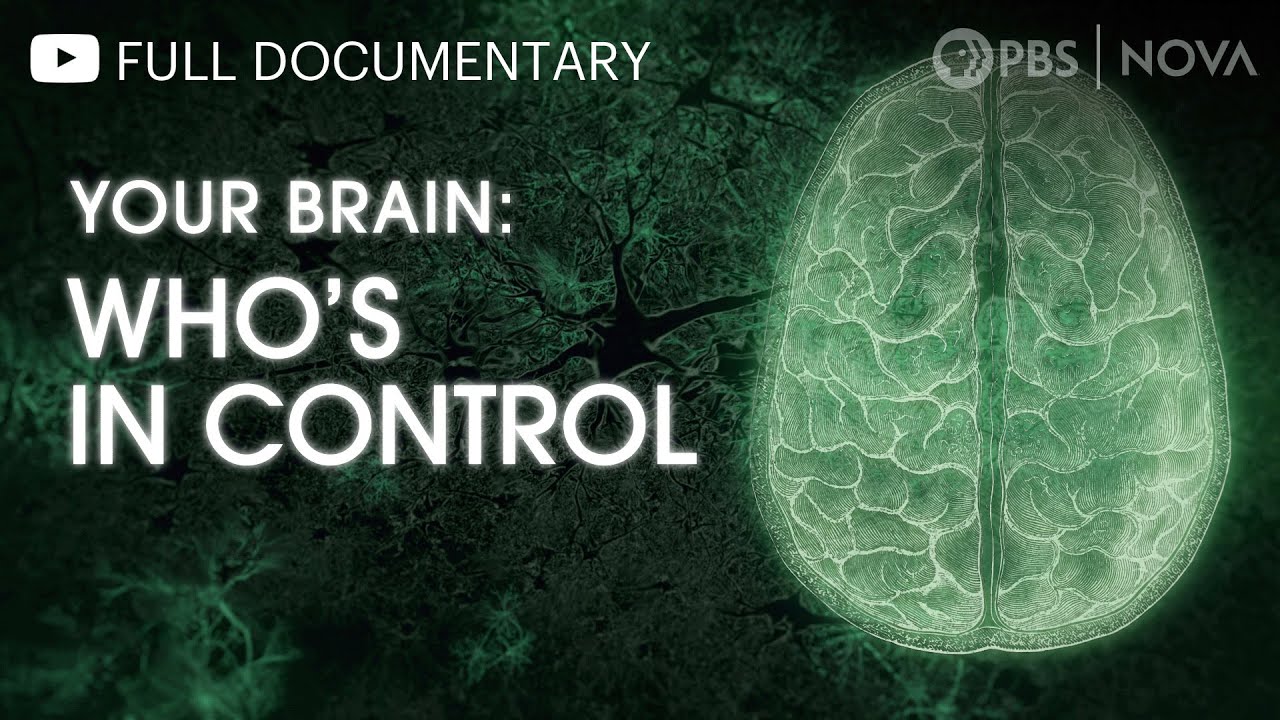Intersectionality will save the future of science | Shawntel Okonkwo | TEDxUCLA
Summary
TLDR演讲者是一位分子生物学家,她在UCLA攻读博士学位,研究基因调控。她通过类比交通管制来解释基因调控的重要性,并分享了自己对科学的热爱。2012年,她遇到了一个名叫Diego的学生,他虽然在学术上表现优异,但因为种族和家庭背景可能面临歧视。演讲者利用自己的特权,致力于在科学、技术、工程和数学(STEM)领域寻找交叉性的解决方案,以解决社会盲点问题。她强调了交叉性理论的重要性,认为要真正实现科学的进步,必须将交叉性融入科学文化的DNA中,考虑所有身份的影响,并采取系统性的解决方案。
Takeaways
- 🧬 演讲者是一位分子生物学家,正在UCLA攻读博士学位,研究基因调控。
- 🚦 她用洛杉矶的交通来比喻基因在身体中的调控,强调了基因调控的重要性。
- 💖 演讲者分享了她对科学的热爱,以及她如何被一个名叫Diego的学生的科学天赋所启发。
- 🏫 演讲者指出Diego的学校被认为是低绩效学校,这影响了教师的教学方式和学生的未来机会。
- 🌐 演讲者提到了身份多样性如何导致不同类型的歧视和边缘化,以及这些因素如何共同影响一个人的身份和世界观。
- 🔬 她通过自己的特权,寻找交叉性的解决方案,以帮助像Diego这样的学生,并在博物馆和国会山倡导科学教育。
- 🌐 演讲者创立了VOC stem和woke stem组织,旨在将社会正义与STEM领域相结合,关注边缘化群体。
- 🚀 演讲者讨论了科技如何更深入地影响我们的生活,并强调了如果不将交叉性纳入考量,科技的进步可能会加剧不平等。
- 🔍 演讲者介绍了“交叉性”这一概念,解释了它如何帮助我们理解社会盲点,并强调了在STEM领域中实施交叉性的重要性。
- 🌟 演讲者鼓励我们通过三个P(特权、权力、途径)来思考如何将交叉性融入STEM,以创造一个更加包容和可持续的未来。
Q & A
演讲者在UCLA攻读什么学位?
-演讲者在UCLA攻读分子生物学的博士学位。
演讲者如何将基因调控与洛杉矶的交通状况进行类比?
-演讲者将基因比作道路上的车辆,而基因调控则相当于交通管制,她的研究就是关注这些调控机制如何协同工作,以维持生命体的正常功能。
演讲者提到了与Diego的相遇,Diego是谁?
-Diego是一位二年级的学生,他在科学实验设计方面表现出色,给演讲者留下了深刻印象。
Diego的父母为什么没有完成高中学业?
-Diego的父母从墨西哥移民到美国,由于语言课程的错误安排和他们是否属于这里的种种暗示,他们最终选择了辍学。
演讲者如何使用她的特权来寻找交叉性的解决方案?
-演讲者利用她的特权在博物馆工作,参与政府提案,前往国会山倡导增加科学资金,并在大学层面创建科学导师计划,同时创立了VOC stem和woke stem组织。
演讲者提到的'三P'原则是什么?
-'三P'原则指的是特权(Privilege)、权力(Power)和通道(Passage),这是演讲者提出的用于在STEM领域实现交叉性和社会正义的方法。
为什么演讲者强调在STEM领域考虑交叉性的重要性?
-演讲者强调交叉性的重要性是因为不同身份特征导致的歧视和边缘化问题在STEM领域同样存在,如果不加以考虑,就会遗漏那些被社会忽视的人群。
演讲者提到的'系统性解决方案'是什么意思?
-'系统性解决方案'指的是针对造成问题的根本原因,而不是仅仅解决表面症状的解决方案,它要求我们从系统层面去理解和解决问题。
演讲者如何定义'循环的爱'?
-演讲者将'循环的爱'定义为一种能够相互看见、相互连接、积极肯定的爱,这种爱在所有涉及的人之间都能茁壮成长。
演讲者提到了哪些社会问题与STEM领域相关?
-演讲者提到了孕产妇死亡率、人工智能的预测性警务、MeToo运动在共享经济和STEM领域中的问题,这些都是与STEM领域相关的社会问题。
Outlines

このセクションは有料ユーザー限定です。 アクセスするには、アップグレードをお願いします。
今すぐアップグレードMindmap

このセクションは有料ユーザー限定です。 アクセスするには、アップグレードをお願いします。
今すぐアップグレードKeywords

このセクションは有料ユーザー限定です。 アクセスするには、アップグレードをお願いします。
今すぐアップグレードHighlights

このセクションは有料ユーザー限定です。 アクセスするには、アップグレードをお願いします。
今すぐアップグレードTranscripts

このセクションは有料ユーザー限定です。 アクセスするには、アップグレードをお願いします。
今すぐアップグレード関連動画をさらに表示

從小鎮女孩到大學教師兼Youtube網紅:我的成長故事

Part III Mathematics at Cambridge: the Hardest Maths Course in the World

Prof. Chris Bishop's NEW Deep Learning Textbook!

Bioprolegy | AMLD Keynote Session | Jakob Uszkoreit

Our pets: rethinking the way we say goodbye | Jackie Campbell | TEDxSouthBank

Your Brain: Who's in Control? | Full Documentary | NOVA | PBS
5.0 / 5 (0 votes)
